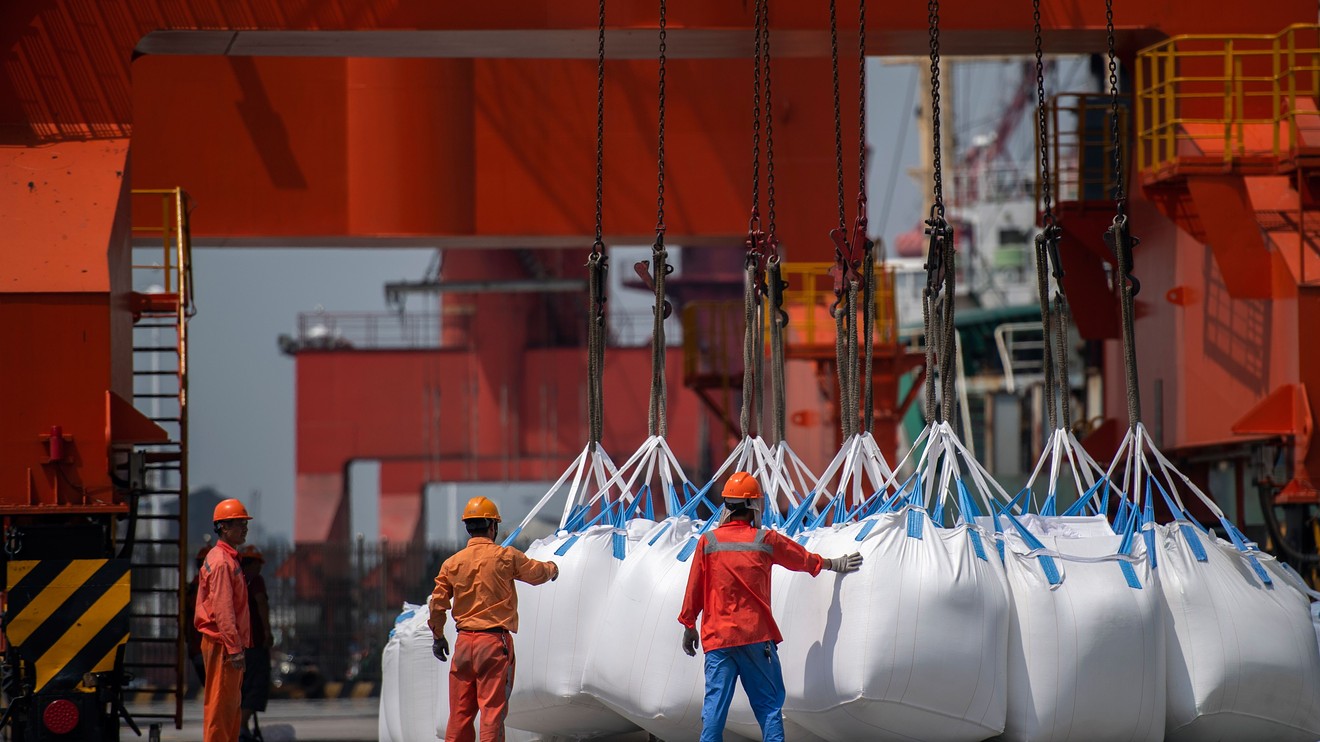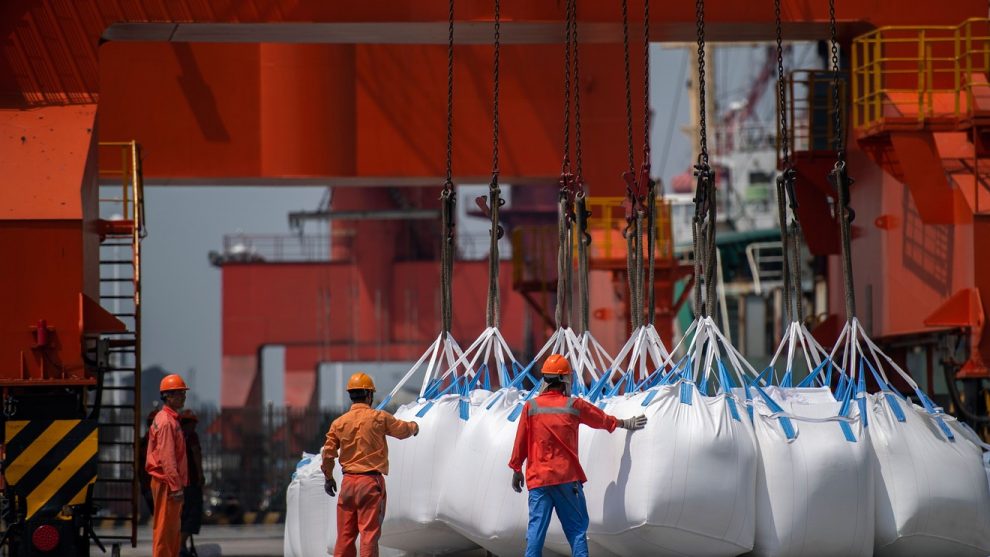
The verdict from Chinese newspapers backed by the government was unanimous in the wake of failed trade talks with the U.S.: Beijing won’t be bullied and can tough out any trade war.
Beijing’s trade team, led by Vice Premier Liu He. left Washington on Friday with some optimism, but without a deal, as the U.S. imposed higher tariffs on $200 billion in Chinese goods. Over the weekend, President Trump argued in several tweets that the U.S. holds the upper hand.
Read: Trump says China shouldn’t bet against him in the 2020 presidential election
But opinion articles from two Chinese newspapers hinted at some of the defiance surrounding China’s position. The U.S. is only harming its own economy, and is “gambling,” on forcing China to accept “an unequal deal in a short time,” said an editorial published in the Global Times, a nationalist daily.
‘Arrogant of its strength, Washington provoked the trade war, believing tariffs are enough to crush China.’
The editorial said China is able to withstand a long trade war and, echoing a sentiment of Liu’s, said the country would ”never make concessions on issues of principle, nor trade its core interest.”
Meanwhile, an editorial in the People’s Daily Online, an official organ of the Central Committee of the Communist Party, echoed that statement, saying Beijing will “never yield to the extreme pressure from the U.S.”
“Washington ignited the trade frictions at an excuse of seeking ‘fair trade,’ but it’s absurd that in the whole talks, it turned a blind eye to the logic that a fair trade should be bidirectional, since equality is always embedded on win-win results,” said the newspaper.
The editorial added that the U.S. should listen to the domestic trade groups the National Retail Federation, the American Soybean Association and American Apparel and Footwear Association, as among the organizations that have warned how a trade war would end up hurting the consumer and economy.
Read: Larry Kudlow contradicts President Trump on a critical aspect of the trade war
The perceived hardening of positions by Washington and Beijing cast a pall over global markets, with stock-index futures pointing to a sharply lower start for Wall Street. Stocks ended higher on Friday, but trade-related worries were blamed for pressure that saw the S&P 500 SPX, +0.37% and Nasdaq Composite COMP, +0.08% post their biggest weekly declines of 2019, while the Dow Jones Industrial Average DJIA, +0.44% saw its biggest fall since March. Stock-market futures YMM9, -1.76% ESM9, -1.82% NQM9, -2.49% suggested further declines on Monday.
Want news about Asia delivered to your inbox? Subscribe to MarketWatch’s free Asia Daily newsletter. Sign up here.












